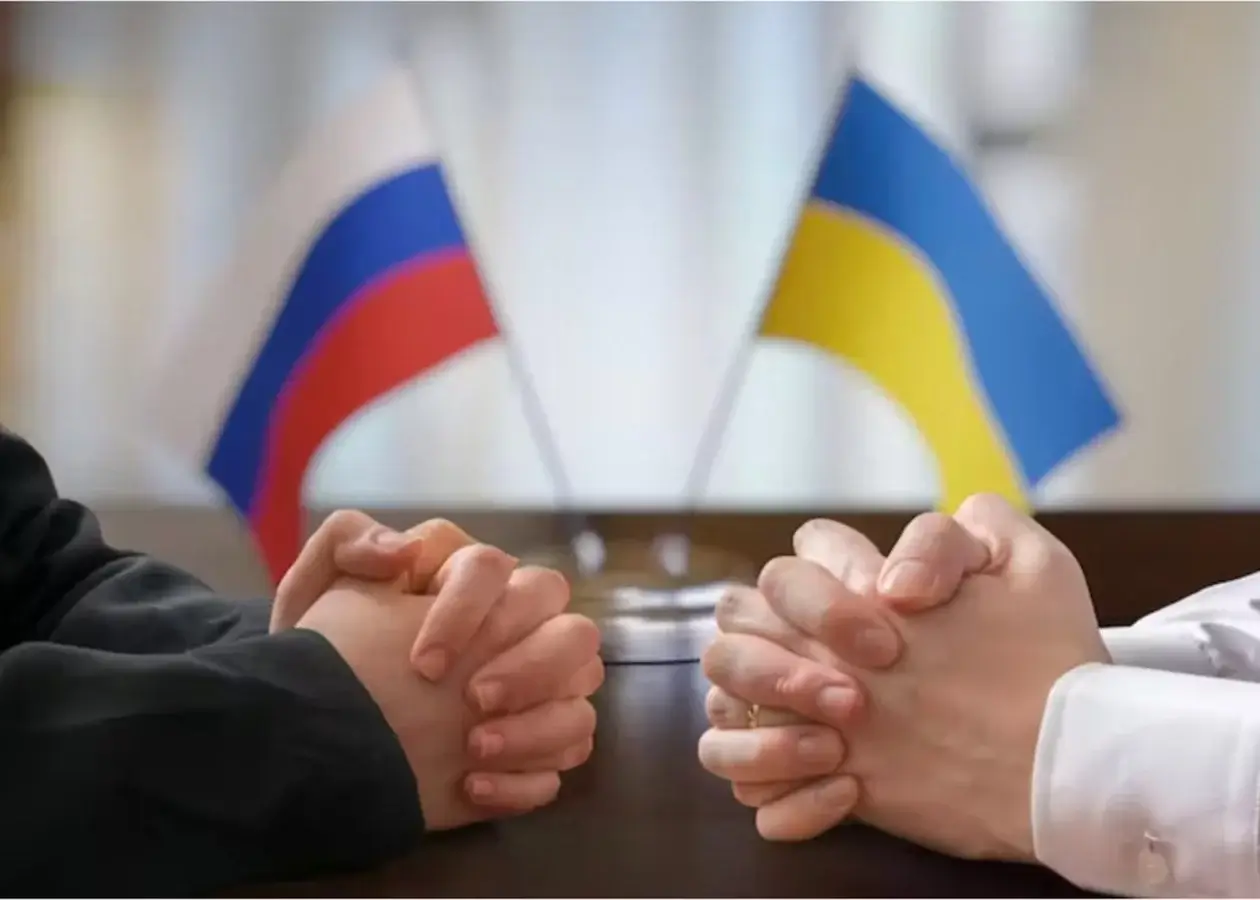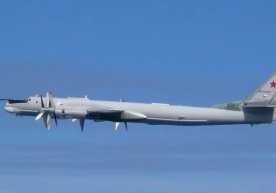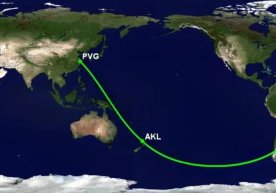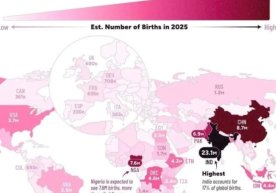
In American political circles, the likelihood of reaching a peace agreement between Russia and Ukraine in the coming months is decreasing. According to Reuters, US President Donald Trump and his advisers previously considered it possible to reach a ceasefire in April or May, followed by a full ceasefire. However, recent events have shown that this goal is becoming more difficult to achieve.
Is Moscow opposed to a ceasefire?
On March 25, during a closed-door meeting with the foreign ministers of the Baltic states, US Secretary of State Marco Rubio stressed that there are no guarantees for a peace agreement and that Washington is still far from such an agreement.
While the Trump administration previously expressed dissatisfaction with Kiev's position, they are now convinced that Moscow is also obstructing a solid peace agreement.
New sanctions planned
It is not yet clear what pressure Washington plans to put on Moscow. According to Reuters, the US government is discussing new tariff and sanction restrictions. However, officials admit that these restrictions are unlikely to have a significant impact on Russia's position.
On April 1, a bill was introduced in the US Congress that provides for new sanctions against Russia. If Russia refuses peace talks, according to this bill:
- Countries that import Russian oil and gas products will have to pay a 500% tariff.
- Other economic restrictions will be introduced.
The bill has been cosponsored by 50 senators (25 Democrats and 25 Republicans).
Trump changes rhetoric
Trump, who previously believed that Vladimir Putin wanted peace, has changed his position dramatically in recent days. He strongly objected to the Russian president's proposal to establish a temporary international administration in Ukraine and threatened to tighten sanctions on Russian oil products.
This week, Trump said he planned to speak with Putin by phone. Russian presidential spokesman Dmitry Peskov said that if necessary, the conversation would be organized urgently.
Will Western companies not return to Russia?
At the same time, the Russian government is trying to bring Western companies back to the market. According to the Russian Finance Ministry, no major foreign companies have applied to return to Russia yet.
Deputy Minister Ivan Chebeskov said that there have been no official applications in this regard. In 2024, 58 foreign companies left the Russian market, compared to 97 in 2023.
In mid-March, Putin announced that negotiations were underway to return Western companies and instructed the government to develop rules for their return. Also on March 26, Putin canceled a decree on the nationalization of the assets of the Italian company Ariston.
American politicians and economic analysts emphasize that peace talks with Russia are difficult to achieve and that new sanctions may be imposed if Moscow's position does not change. At the same time, there are no significant changes in the return of Western business to Russia.
Whether the planned dialogue between Trump and Putin can have a positive impact on peace talks or is it just a political maneuver remains an open question. Read “Zamin” on Telegram!
Ctrl
Enter
Found a mistake?
Select the phrase and press Ctrl+Enter Related news
Information
Users of Меҳмон are not allowed to comment this publication.
Users of Меҳмон are not allowed to comment this publication.














